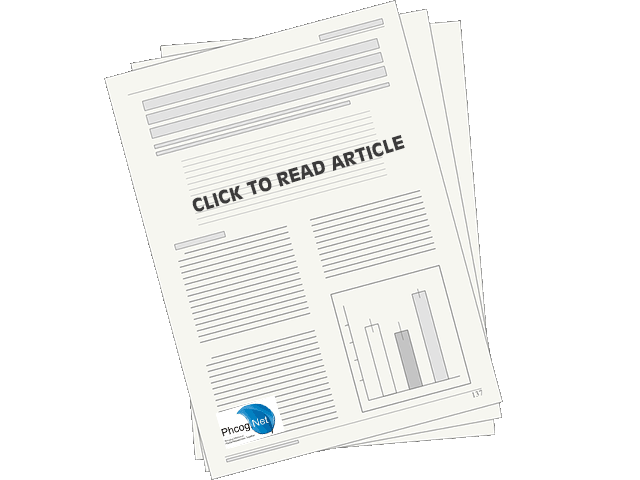Retrograde Inflammation Contributes to Psychological Stress and Depression in Gestational Diabetes Mellitus
Abstract
Gestational Diabetes Mellitus (GDM) is defined as any degree of glucose intolerance with the onset or first recognition during the present pregnancy at 24-28 weeks of gestation.[1] In the recent past, there is an increased incidence of diabetes during pregnancy with almost 21 million births (16.2%) affected due to hyperglycemia. Prevalence of GDM in India is 18.9%, ranging between 3.8% to 41% in various parts of the country.[2] The major maternal and neonatal adverse effects of GDM include increased risk of preterm delivery, pre-eclampsia, caesarean section delivery, development of Type 2 Diabetes Mellitus (T2DM) post-delivery, fetal macrosomia, neonatal hypoglycemia, neonatal respiratory distress, and childhood obesity and insulin resistance, followed by impaired glucose tolerance and T2DM later in life. Read More...






